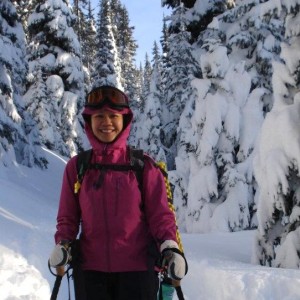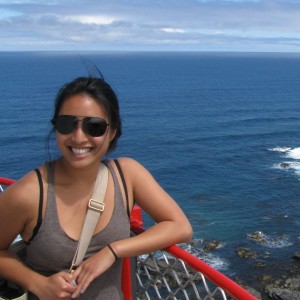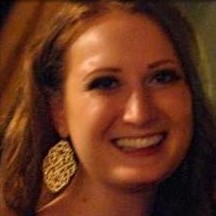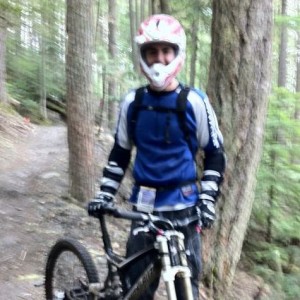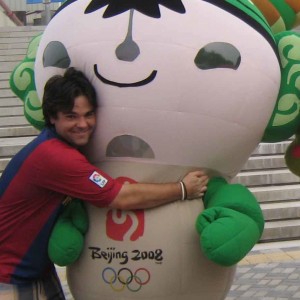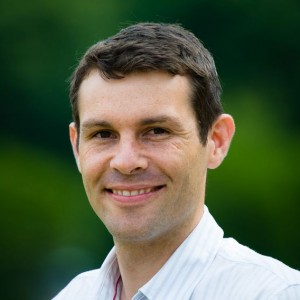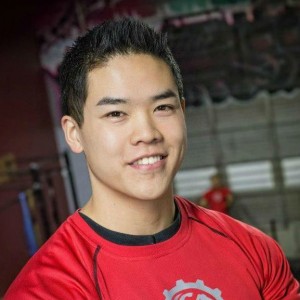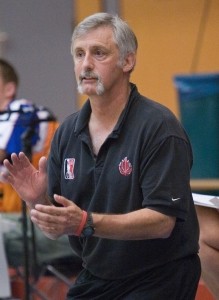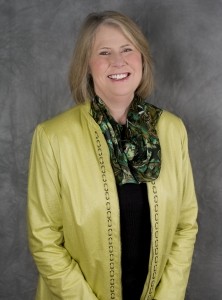Supervisor: Dr. Nicola Hodges
Current Program: PhD
Research Area: Motor learning, specifically error processing and observational learning
I’m originally from Singapore. Pursuing graduate education in the field of motor learning was quite a natural progression as I used to be a physical education teacher, softball and soccer coach, and sessional lecturer in curriculum gymnastics. Outside of academia, I enjoy backcountry skiing, playing the ukulele and the occasional friendly/competitive board gaming with friends.
Publications:
Book Chapter
Ong, N. T., & Hodges, N. J. (2012). Mixing it up a little. How to schedule observational practice. In N. J. Hodges & A. M. Williams (Eds,), Skill Acquisition in Sport: Research, Theory and Practice (pp. 22-39). London, England: Routledge.
Journal Article
Ong, N. T., Chua, R., Lohse, K. R., Sinnett, S., & Hodges, N. J. (in preparation). A test of motor skill-specific action embodiment in ice-hockey players.
Ong, N. T., Larssen, B. C., & Hodges, N. J. (2012). In the absence of physical practice, observation and imagery do not result in the updating of internal models for aiming. Experimental Brain Research, 218(1), 9-19.
Larssen, B. C., Ong, N. T., & Hodges, N. J. (2012). Watch and learn: Seeing is better than doing when acquiring consecutive motor tasks. PLoS ONE, 7(6), e38938.
Ong, N. T., & Hodges, N. J. (2010). Absence of after-effects from observing an adaptation to a visuomotor rotation. Experimental Brain Research, 205, 325-334.
Ong, N. T., Bowcock, A., & Hodges, N. J. (2010). Manipulations to the timing and type of instructions to examine motor skill performance under pressure. Frontiers in Psychology, 1, 1-13.
Conference Paper
Ong, N. T., Lohse, K. R., Sze, A. F. S., & Hodges, N. J. (2013). Investigating the moderating influence of self-efficacy in an errorless learning protocol. Journal of Sport and Exercise Psychology, 35, S43-44.
Hodges, N. J., Ong, N. T., Larssen, B. C., & Lim, S. B. (2011). What observation of motor skills does and does not teach us. BIO Web of Conferences (Vol. 1).
Ong, N. T., Hodges, N. J., Chua, R., & Franks, I. M. (2010). What does observation tell us about visuomotor adaptation and the processes necessary for learning? Journal of Sport and Exercise Psychology, 32, S115.
Ong, N. T., Bowcock, A., & Hodges, N. J. (2008). Manipulations to the timing and attentional focus of instructions to examine the reinvestment hypothesis of skill learning. Journal of Sport and Exercise Psychology, 30, S115.
